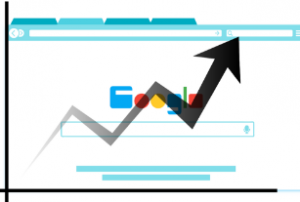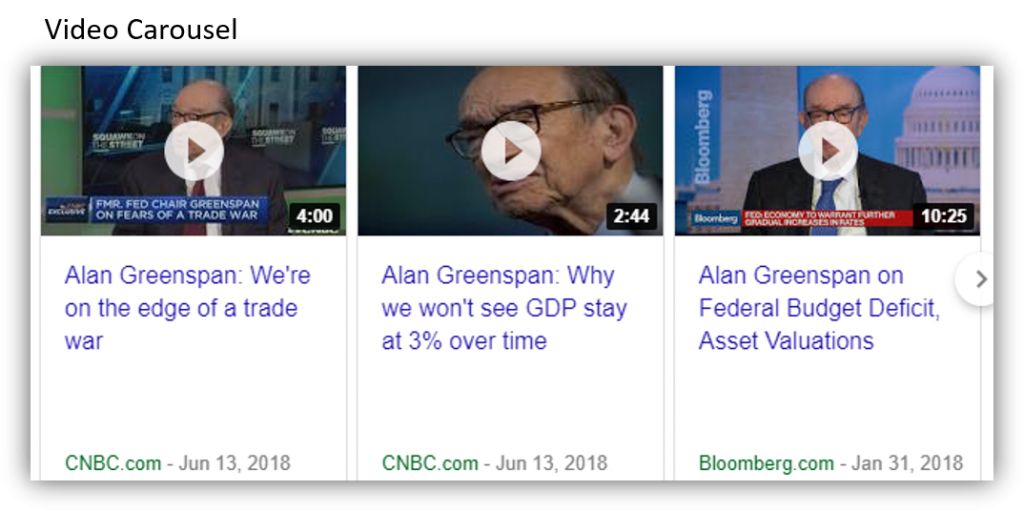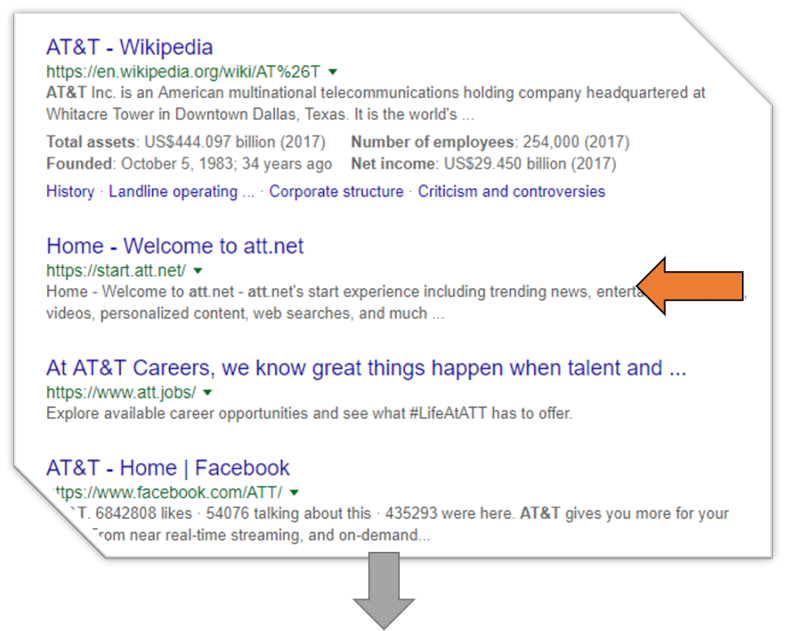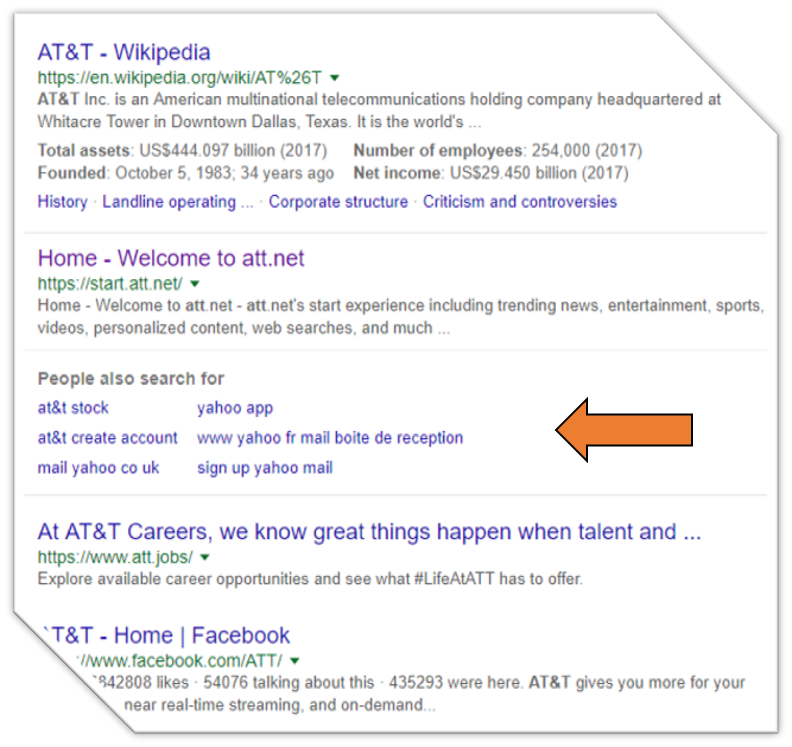Digital Reputation Trends – 2018
Over the first half of 2018, we have seen the search engine results continue to evolve from being a doorway to information to being the destination itself. This is not only evident in the composition of the search engines, but also in how users perceive the results (per the 2018 Edelman Trust Barometer).
I have continued to see clear attempts by Google to satisfy users and answer their question without any extra steps, by introducing several interesting changes to the search page functionality:
Ownership of the information
In June 2018, Google rolled out verification of the knowledge panel to more entities and notable individuals. This ability to take over the knowledge panel signals that Google wants entities to participate in providing factual information so that the searchers are provided the summary of an entity without having to search elsewhere.

Videos Carousel on the page
One of the latest changes Google has brought to the results page, following closely on the heels of Bing, is a video carousel similar to the already existing image box. While this could, potentially, reduce traffic to YouTube, the ultimate goal of immediately satisfying users apparently preempts the potential loss of YouTube advertising revenues.
Improved Search Suggests
A very recent addition to the features on the search page is enhanced search suggest.
When users click on a result and later return back to the search engine results page, Google sees they are searching for additional information and now suggests ancillary search queries directly below the original result. This feature precludes the need to do additional searches to find what the user may be looking for.
Continuous Scrolling
On mobile, Google has introduced a significant change with Facebook style scrolling, essentially creating an endless page of information. Stay tuned as this might come to all search results pages – not just mobile.
Outlook
Our outlook calls for search engines to continue efforts to provide the exact information the user seeks, ideally within the search page itself. We expect to see search engines return more content previously contained deep within other websites. It will be interesting to see how websites balance their desire to be listed within Google and Bing, and their need to hold onto their own data. Searchers will continue to demand more of the engines – who will do their part to provide the best information they can.




